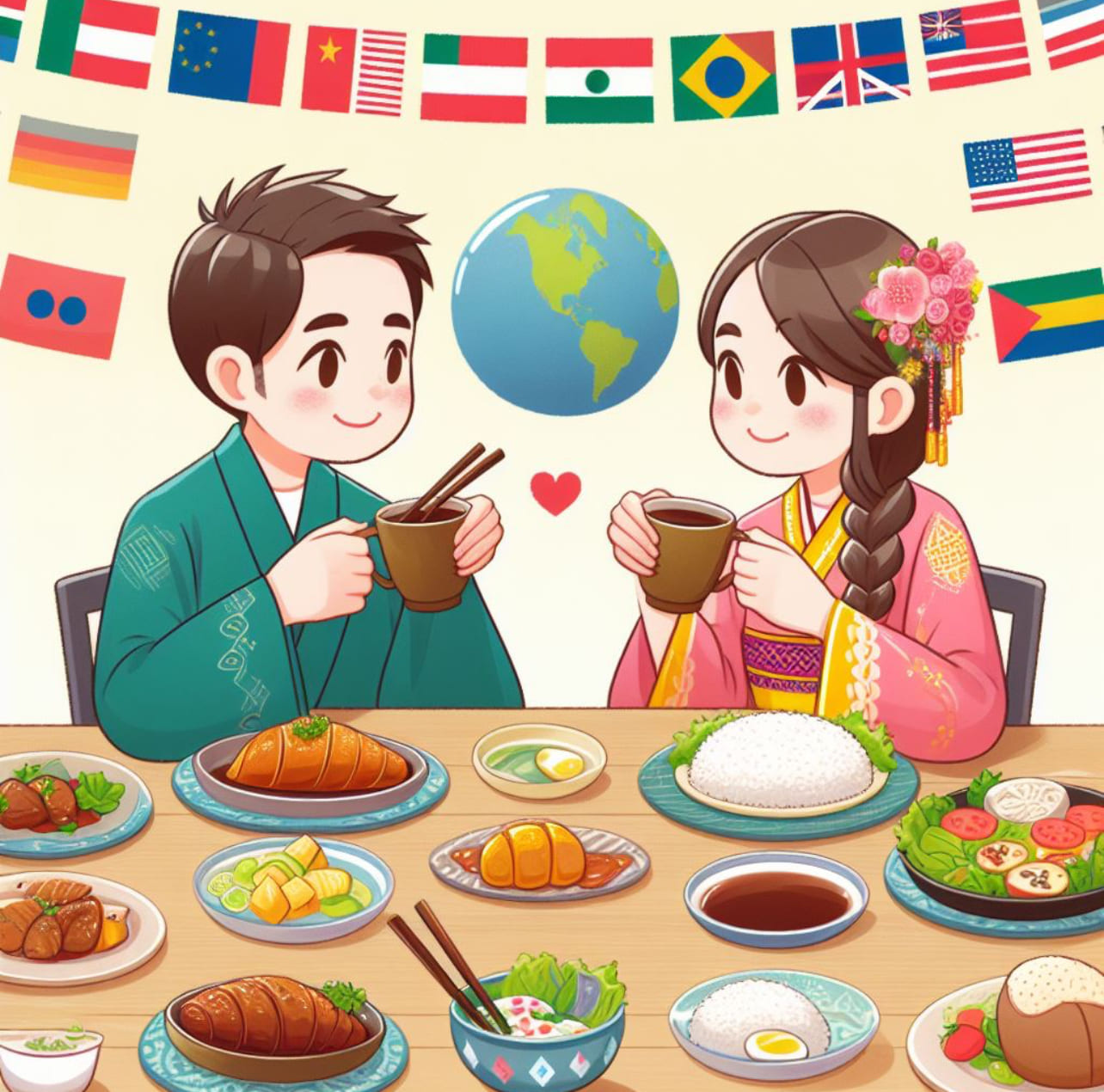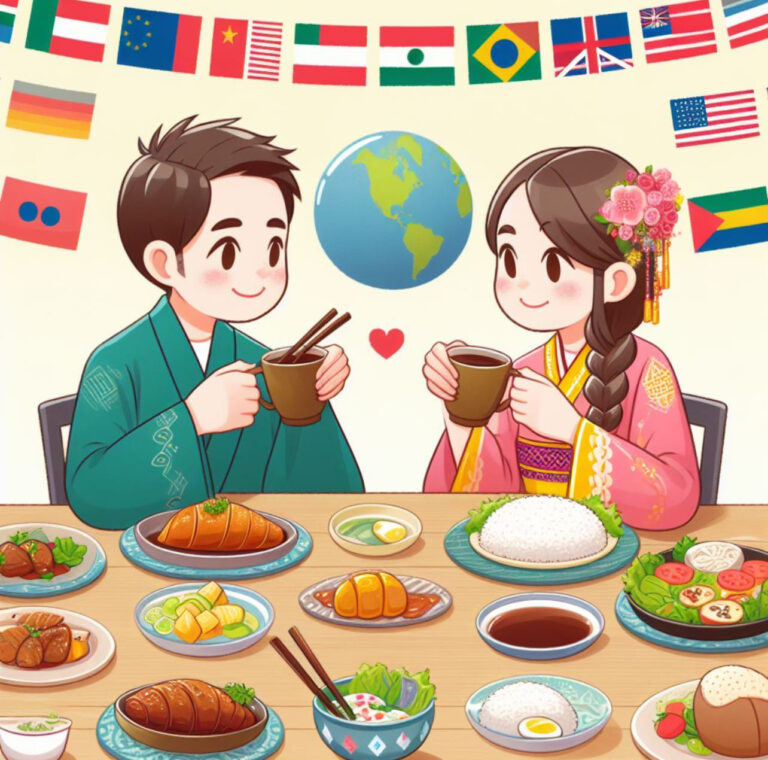

Embracing Cultural Differences in Marriage and Relationships
Is understanding cultural differences in marriage easy? Love is a universal language, but how it is expressed can vary significantly across cultures. When two individuals from different cultural backgrounds come together in marriage or a relationship, they embark on an enriching and challenging journey. This article will examine the enchanting world of cultural differences in marriage and relationships by delving into specific human experiences and providing insights into how these differences can affect and be managed within love.
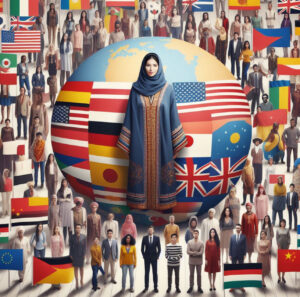

Cultural Differences in Marriage
- Communication Styles. Communication is at the heart of any marriage, and cultural backgrounds can significantly influence how couples express themselves. For instance, direct contact is prized in some cultures, while indirect or non-verbal cues carry more weight in others. Mercedes, a Latina, and David, an Asian-American, often had to navigate these differences. Mercedes’s expressive style often clashed with David’s more reserved approach, but they learned to appreciate and adapt to each other’s communication styles.
- Family Dynamics. The role of extended family in a marriage can vary widely across cultures. In many Asian cultures, for example, familial solid ties often mean that decisions are made collectively. Malou and Carlos, an interracial couple with backgrounds in America and Mexico, had to balance their autonomy and the expectations of their close-knit families.
How Different Cultures Affect Marriage
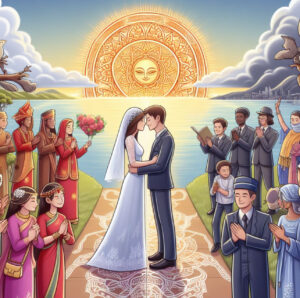

- Traditions and Expectations. Cultural practices and expectations can powerfully influence a marriage. In Indian culture, arranged marriages are common, and the couple often respects the wishes of their families. Priya and Rahul, an Indian couple living in the United States, navigated this by having an arranged marriage that blossomed into love, combining traditional values with their desires.
- Celebrations and Rituals. Cultural differences are also evident in how couples celebrate milestones. While some cultures have elaborate wedding ceremonies that span several days, others opt for simple, intimate gatherings. Emma, an American, and Li Wei, a Chinese national, blended their cultural backgrounds by having a traditional Chinese tea ceremony and a Western-style wedding.
Dealing with Cultural Differences in Marriage and Relationships


- Open Communication. Open and honest communication is the foundation of addressing cultural differences. Couples must create a safe space to discuss their cultural expectations, beliefs, and values. Managing conflicts through dialogue is essential when conflicts arise due to cultural disparities.
- Mutual Respect. Respect for each other’s backgrounds is necessary. Celebrate the uniqueness of your partner’s culture and be open to learning about it. Share your traditions and values to foster understanding and appreciation.
- Seek Compromise. When cultural differences clash, finding the middle ground is often necessary. It may mean blending customs or adjusting expectations to create a harmonious union. Priya and Rahul, for instance, found ways to incorporate Indian and American traditions into their family life.
Cultural Differences in Relationships
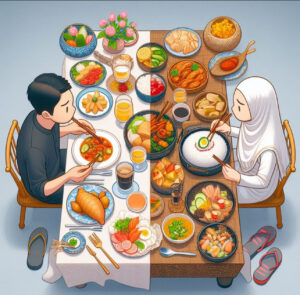

Cultural differences are not limited to marriages; they also impact relationships. In a multicultural society, people of diverse backgrounds often come together, creating beautiful, multifaceted relationships. These differences can enrich the relationship experience by offering fresh perspectives, expanding horizons, and fostering a deep appreciation for diversity.
Conclusion
Overall, cultural differences in marriage and relationships are a natural consequence of our globalized world. While they present unique challenges, they also offer incredible opportunities for growth, understanding, and love. By embracing open communication, mutual respect, and compromise, couples can navigate the intricacies of cultural disparities and create relationships that celebrate the beautiful tapestry of human diversity. Ultimately, it’s not the differences that define these unions but the love and commitment that bind them together.
I hope this article was helpful to you. If you have any questions or comments, feel free to leave them below. Thanks for reading, and I’ll see you at the next one.

